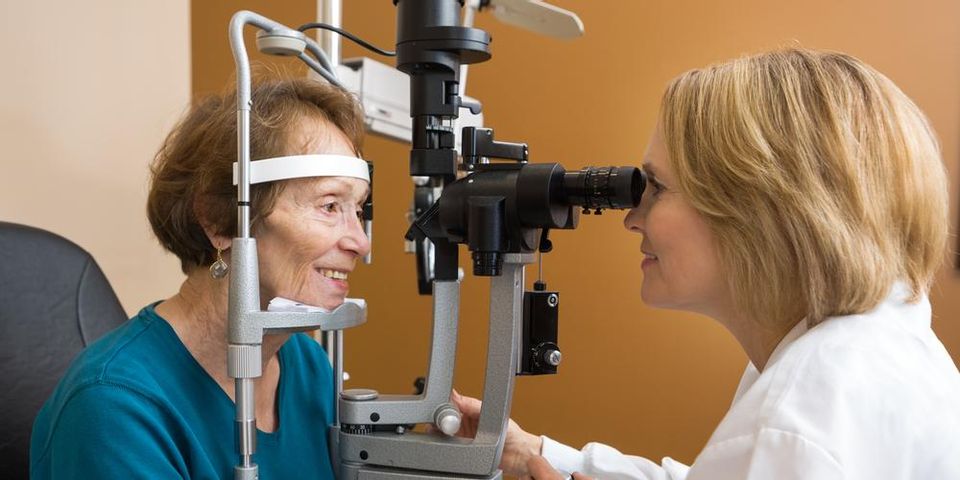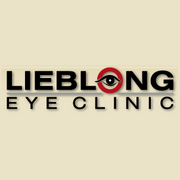
Cataracts are relatively common, especially among the elderly. The eye condition occurs when proteins accumulate on the lens, clouding sight. Thankfully, cataract surgery can restore vision completely by removing the affected part. If you know the most common causes of cataracts, though, you can reduce the risk of developing them in the first place — or at least ensure a prompt diagnosis by prioritizing preventive care.
3 Causes of Cataracts
1. Medical Conditions
Certain medical conditions make the eyes more susceptible to developing cataracts. Examples include diabetes, hypertension, obesity, and various inherited genetic disorders. All these conditions make tissues in the lens more likely to break down into protein particles that clump together and obstruct the lens.
2. Environmental Factors
 Various lifestyle habits and environmental factors can lead to the development of cataracts. If you’re a smoker, for example, you’re at a much higher risk of getting cataracts. Other contributors include nutritional deficiencies, medications like corticosteroids and diuretics, excessive alcohol consumption, and overexposure to toxins or ultraviolet radiation.
Various lifestyle habits and environmental factors can lead to the development of cataracts. If you’re a smoker, for example, you’re at a much higher risk of getting cataracts. Other contributors include nutritional deficiencies, medications like corticosteroids and diuretics, excessive alcohol consumption, and overexposure to toxins or ultraviolet radiation.
3. Age
By age 75, roughly half of all Americans have developed cataracts. It’s natural for the lens to wear down over time, thereby causing cataracts. If caught early enough, though, cataract surgery can prevent permanent vision loss. In other words, it may not be possible to prevent some clouding of the lens as you age, but if you visit the eye doctor regularly, you can mitigate any long-term issues.
If you’re at risk for cataracts, or you think you already have them and want to schedule surgery, turn to Lieblong Eye Clinic. Located in Russellville, AR, they’re proud to provide comprehensive eye care for patients at all stages of life throughout the River Valley. Founded in 1979 by Dr. Jim Lieblong, they've remained a leader in the field ever since. To learn about their friendly team, visit their website. To schedule an eye exam or cataract surgery consultation, call (479) 968-2020.
About the Business
Have a question? Ask the experts!
Send your question

